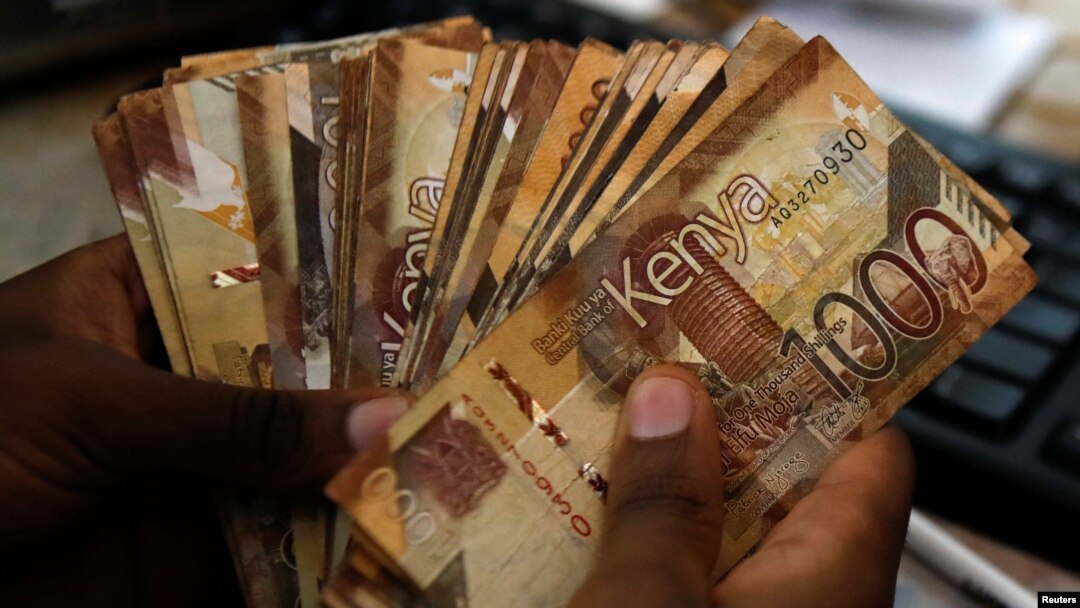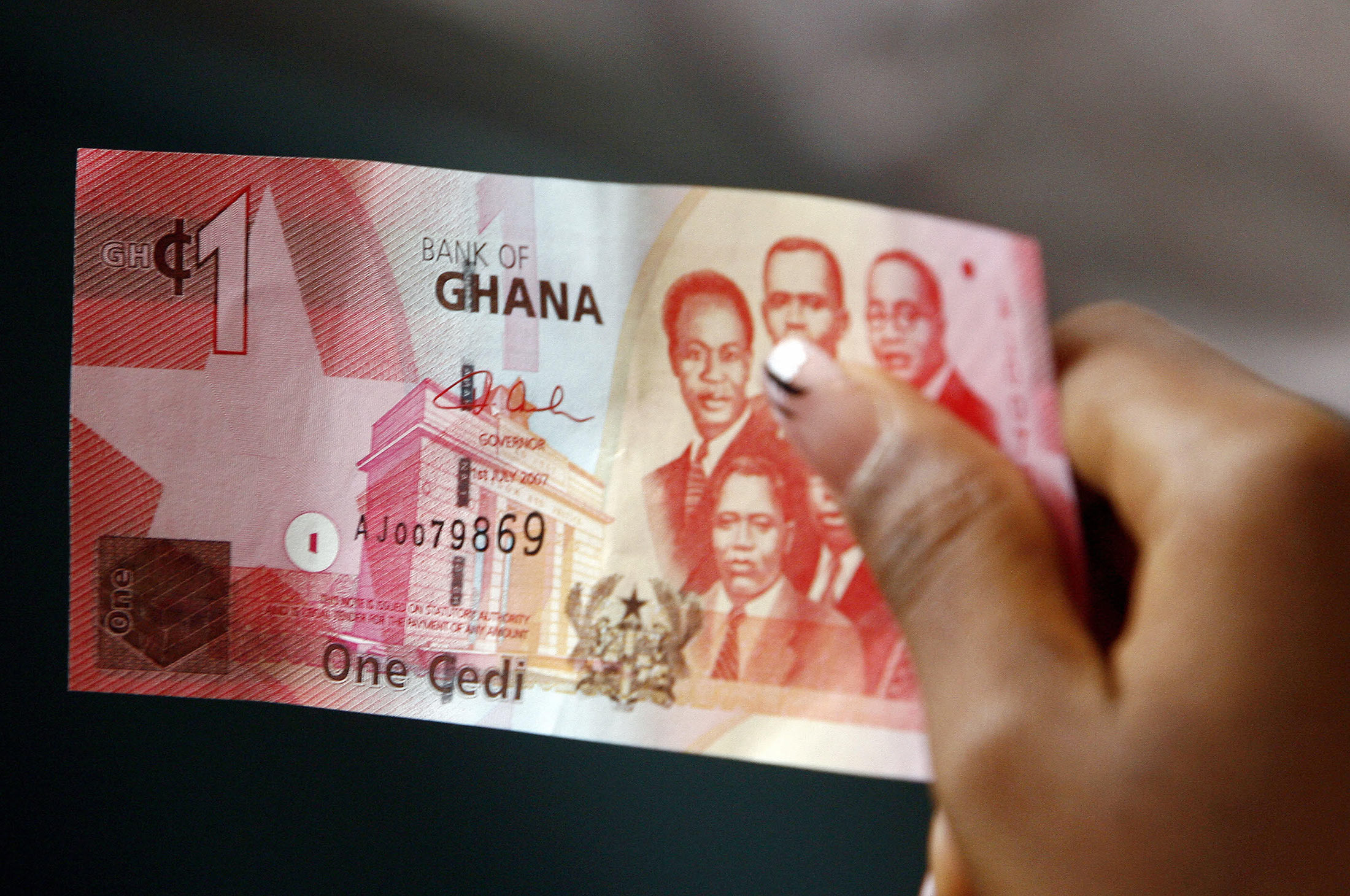The value of corporate bonds issued by Nigerian companies has dramatically decreased by 98% between the last quarter of 2022 and the first quarter of 2024, according to recent data from FMDQ Securities Exchange Limited.
This significant drop is attributed to high yield demands from investors, reflecting a cautious stance in the lending market.
In the first quarter of 2024, the value of corporate bonds fell to N5.5 billion from N249.4 billion in Q4 2022, marking a staggering N244 billion decrease.
Similarly, the issuance of commercial papers (CPs) by firms also saw a sharp decline, dropping to N331.81 billion in Q1 2024 from N537.47 billion in Q1 2023, representing a 38% slump over the period.
Corporate bonds and commercial papers are crucial financial instruments used by companies and governments to raise capital for various projects.
While bonds typically offer periodic coupon payments, CPs do not provide such payments, making them less attractive in a high-yield environment.
Opeyemi Babalola, portfolio manager at Comercio Partners Asset Management, explained, “Companies are reluctant to take on debt at these levels. When one-year Nigerian Treasury Bills (NTBs) yields are at 25 percent, these companies would have to issue commercial papers at a premium to that.”
He noted that some companies have issued commercial papers at rates above 30%, which is unsustainable for maintaining profit margins.
On the corporate bond side, Babalola added, “There has hardly been any recent issuance because it’s not very prudent for any chief financial officer to advise their company to lock in long-term debt at the current high-yield levels.”
The sharp rise in yields on both government and private instruments in Nigeria’s fixed income market is a result of the Central Bank of Nigeria (CBN)’s aggressive monetary policy stance.
The CBN has been focusing on reducing financial system liquidity and hiking interest rates to curb inflation.
Consequently, the yield on one-year Nigerian treasury bills rose to 26.76% in March 2024 from 9% in January 2024, peaking at 27.33% in March 2024.
To tackle rising inflation, the Monetary Policy Committee, led by Yemi Cardoso, has raised interest rates three times this year by a total of 750 basis points.
This included an initial 600 basis point increase to 24.75% from 18.75% last year, followed by a 150 basis point increment to 26.25% in May 2024.
Several companies, including Afrinvest West Africa Limited, FBN Quest Merchant Bank, UAC of Nigeria, and Coleman Technical Industries Limited, issued CPs in the first quarter of 2024.
These issuers were primarily from the financial services, agriculture, manufacturing, health, pharmaceuticals, and retail sectors.
Another popular financing option for Nigerian companies is bank loans. Currently, commercial bank loan rates range from 30% to 40%, reflecting the high borrowing costs due to the central bank’s policy actions.
Gbolahan Ologunro, portfolio manager at FBNQuest, noted that while it is relatively cheaper for companies to raise funds through bond issuances or commercial papers compared to loans, the macroeconomic environment has reduced the appetite for such fundraising activities.
“The cost has gone up, and the macroeconomic situation does not support such attractive returns on investment, given the high level of cost associated with fundraising activities,” Ologunro said.
The running costs for businesses are increasing, and companies are struggling to raise prices without affecting demand.
“The purchasing power of consumers is declining because of rising inflation. So, it puts these companies in a very delicate position. You will see all these reflected in the earnings of publicly listed companies in the consumer space once we enter peak results season by the end of July,” Babalola added.
FMDQ data shows that corporate bonds’ value declined by 88% to N5.50 billion in Q1 2024 from N43.50 billion in Q4 2023.
Coronation Research predicts that short-term rates for T-bills and commercial papers will remain high for the rest of the year, without causing bond rates to rise significantly.
Joshua Joseph, fixed-income analyst at CSL Stockbrokers Limited, attributed the decline in private borrowing to economic uncertainty and high business costs.
He explained that the increased credit risk has led investors to demand higher premiums, making bank loans a more attractive option despite their high rates.
“As a result of this high cost of borrowing, interest expense is at high levels, and companies that can’t fully pass the cost to end consumers might be declaring huge losses,” Joseph added.
The Nigerian corporate bond market faces significant challenges as companies navigate the high-yield environment and rising borrowing costs.

 Billionaire Watch3 weeks ago
Billionaire Watch3 weeks ago
 Startups4 weeks ago
Startups4 weeks ago
 News4 weeks ago
News4 weeks ago
 News4 weeks ago
News4 weeks ago
 Bitcoin4 weeks ago
Bitcoin4 weeks ago
 Naira4 weeks ago
Naira4 weeks ago
 Forex3 weeks ago
Forex3 weeks ago
 Treasury Bills4 weeks ago
Treasury Bills4 weeks ago



















